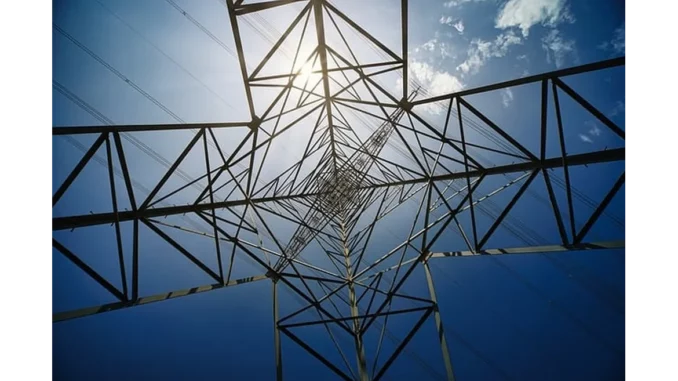
As the global community steadily moves towards a more sustainable future, the energy sector is experiencing profound changes. Central to this transformation is the widespread shift towards electrification, with an increasing number of buildings and industries choosing electricity over traditional fossil fuels. This transition is particularly vital, given that buildings are responsible for approximately 35% of carbon emissions in the United States alone. However, this growing dependence on electricity introduces significant challenges, particularly for the grid during periods of peak demand. It is within this context that hydrogen home heating emerges as a potential solution, offering an alternative that could alleviate some of the pressure on the electric grid.
Air quality is vital in planning. See how Focus360 Energy can assist.
The ambitious drive towards an all-electric future is not without its obstacles. As the adoption of electric vehicles, heat pumps, and the electrification of various industries continues to rise, the demand for electricity is expected to soar. This surge may overburden the existing grid, risking power outages during extreme weather conditions. In regions known for severe winters, such as Maine or Montana, grid capacity could need to increase fourfold to meet heating needs during the coldest months. Despite advancements in renewable energy technologies like wind and solar, the current infrastructure may fall short in accommodating these demands. These renewables, while critical to the energy transition, often cannot be expanded cost-effectively to meet the sporadic spikes in demand caused by extreme cold.
Hydrogen is increasingly being viewed as a complementary solution to the challenges posed by electrification. The Biden Administration in the United States has recognised the potential of clean hydrogen, making considerable investments through initiatives such as the Regional Clean Hydrogen Hubs and the Inflation Reduction Act. While hydrogen’s role in industrial and transportation sectors is gaining traction, its application in residential heating remains largely unexplored. Critics point to the high costs and inefficiencies associated with hydrogen production as significant barriers. The energy-intensive nature of producing hydrogen and its economic implications have raised concerns. Nonetheless, proponents argue that during peak demand periods, the cost of electricity might surpass that of hydrogen, particularly as the cost of hydrogen production continues to decrease. With the Department of Energy aiming to lower hydrogen costs to $1/kg within the next decade, hydrogen could become a more appealing option.
Safety is another critical consideration when integrating hydrogen into residential settings. Concerns about in-home air pollution, leaks, and potential explosions are prominent. However, with the implementation of robust safety protocols, hydrogen can be rendered as safe as natural gas. Research indicates that the inclusion of safety measures, such as excess flow valves, can significantly mitigate these risks. Furthermore, transporting hydrogen via trucks, akin to the methods used for oil and propane, can address some of the pipeline safety issues. The technological advancements in hydrogen storage and transport are crucial in ensuring its safe adoption for home heating.
The feasibility of hydrogen as a home heating solution varies significantly across different regions. In colder climates, where electric heat pumps may not provide adequate heating, hydrogen could play a vital role as a supplementary energy source. Pilot projects in countries like the Netherlands are actively exploring the use of hydrogen boilers for residential heating, illustrating the practicality of hydrogen in specific contexts. In the United States, hydrogen is already being utilised as a backup power source in certain scenarios. For instance, a microgrid project in California combines battery storage with hydrogen fuel cells to ensure backup power during wildfire seasons. While this approach may not fully address peak heating demands in colder regions, it underscores the versatility of hydrogen as an energy source.
The path towards a decarbonised future is undeniably complex, requiring a multifaceted approach rather than reliance on a single solution. Electrification is undoubtedly a cornerstone of this transition, yet hydrogen presents a viable alternative capable of addressing the grid’s limitations during peak demand periods. While sceptics raise valid concerns about hydrogen’s role in home heating, dismissing it entirely may overlook its potential benefits in specific scenarios. Ultimately, a combination of technologies, including electric heat pumps and hydrogen, will likely be essential in ensuring a reliable and sustainable energy future. By embracing a diverse energy mix, we can better navigate the challenges of decarbonisation, ensuring resilience and sustainability for generations to come.


Be the first to comment